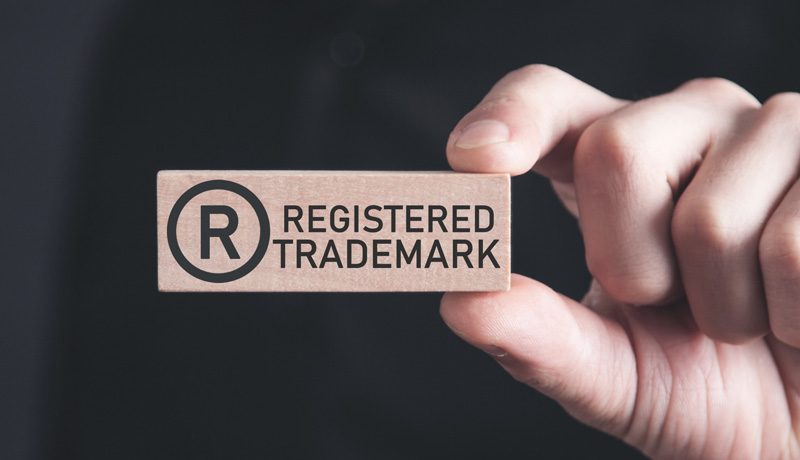Sometime in April this year, the Intellectual Property Law Association of Nigeria (“IPLAN”) elected new executive officers to oversee its affairs. Notably, this came at a time when advocacy for the reform of the legal framework for protecting intellectual property (“IP”) rights in Nigeria is gaining momentum among stakeholders and attracting more attention from the government.
Significantly, IPLAN’s election has raised hope among stakeholders of an emerging new and re-energized regime of IP development, rights awareness and protection in the country. It is generally expected that proper coordination and synergy between the activities of this professional body and the other associations, regulators, IP owners and the entire IP community in Nigeria, will spur the advancement of property rights resulting in proper harnessing of talents and inventions and, by extension, economic growth in the near future.
This article reviews the IP regime in Nigeria and analyses some of the major challenges undermining IP rights in the country. In consonance with the aspirations of most of IP stakeholders, the article also discusses the prospects of IP policy reform and sets agenda for the development of an IP framework that will promote individual innovations, enhance foreign direct investments and international technology transfer and in effect, contribute substantially to national economic growth.
OVERVIEW
Concerted efforts have been made over the years at promoting IP rights in Nigeria with some positive results being achieved. However, these efforts have been hampered by low public awareness about what IP rights are protected under the law; ineffective mechanisms for the protection and enforcement of such rights; inadequate penalties for infringements; official corruption and lack of coordination among the various agencies of government involved in the development and protection of IP rights.
Broadly speaking, there are two classes of IP namely Copyright and Industrial Property. While Copyright is concerned with literary, musical and artistic creations, Industrial Property covers rights in patents, trademarks, industrial designs, utility models, plants and animal varieties etc. The World Intellectual Property Organisation (“WIPO”) elucidates the concept of IP more succinctly by stating that:
“IP refers to creations of the mind, such as inventions; literary and artistic works; designs; and symbols, names and images used in commerce … IP is protected in law by, for example, patents, copyright and trademarks, which enable people to earn recognition or financial benefit from what they invent or create. By striking the right balance between the interests of innovators and the wider public interest, the IP system aims to foster an environment in which creativity and innovation can flourish”.
Essentially, IP rights are exclusive proprietary rights granted by law to the owners thereof, over intangible assets which are innovative products of the brain or the mind, as opposed to personal or real properties. IP Law therefore encompasses the body of rules and regulations governing the creation, acquisition and protection of the foregoing rights as well as adjudication over allegations of their infringements. Concrete efforts at developing the Nigeria’s indigenous IP regime began to materialize shortly after the country attained independence in the early 1960s and have remained a work-in-progress till date.













